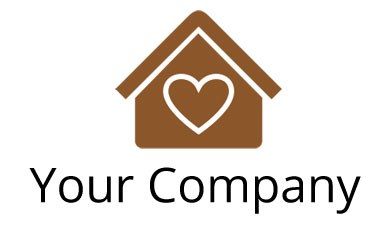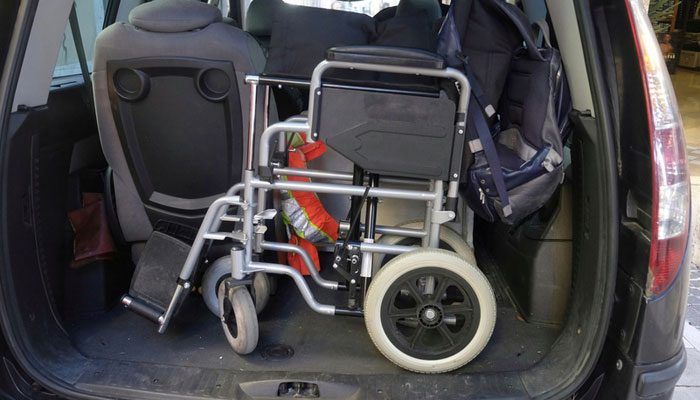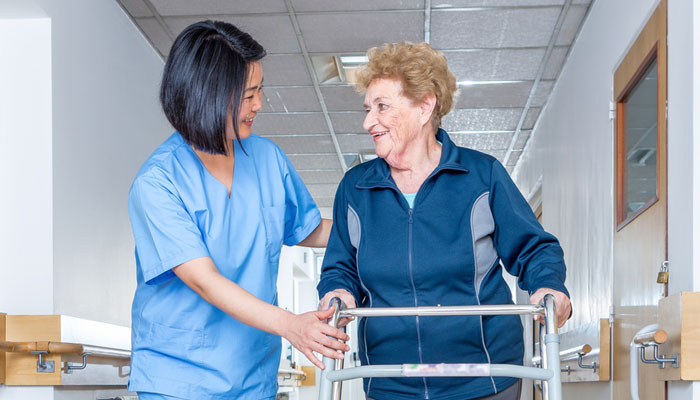
Our brains are predisposed to feel the emotions of others. This capacity, called “empathy,” fuels our most altruistic acts as humans. And it fosters sweeter and deeper relationships. But it is possible to be overly empathetic. If the doorway to your heart is always open to feeling another’s emotions—pain, sadness, anger, fear—you are on a…










